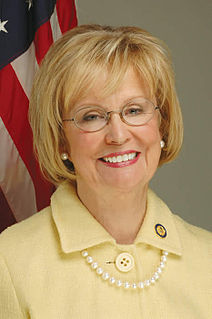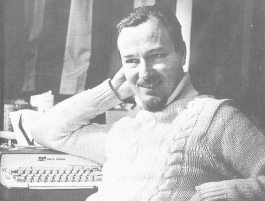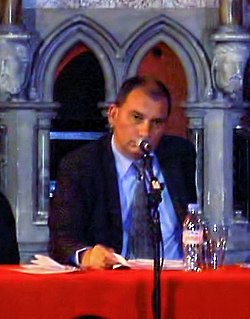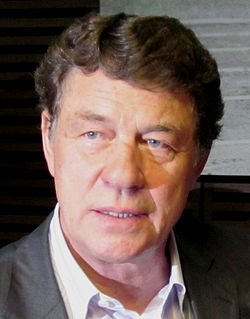A Quote by Brian Greene
Experimental evidence is the final arbiter of right and wrong.
Quote Topics
Related Quotes
Science has been effective at furthering our understanding of nature because the scientific ethos is based on three key principles: (1) follow the evidence wherever it leads; (2) if one has a theory, one needs to be willing to try to prove it wrong as much as one tries to prove that it is right; (3) the ultimate arbiter of truth is experiment, not the comfort one derives from one's a priori beliefs, nor the beauty or elegance one ascribes to one's theoretical models.
The party told you to reject the evidence of your eyes and ears. It was their final, most essential command. His heart sank as he thought of the enormous power arrayed against him, the ease with which any Party intellectual would overthrow him in debate, the subtle arguments which he would not be able to understand, much less answer. And yet he was in the right! They were wrong and he was right.
'An order is an order' was not an excuse to do the wrong thing. You couldn't just blindly follow a government order ... This whole issue of should the Supreme Court be the final arbiter of what is or isn't constitutional, was settled at Nuremberg. People everywhere need to understand and need to follow that.
When you look at any experimental work not directly related to economics, but trying to test rational behavior in other ways, experiments have conspicuously failed to show rational behavior. Macro evidence certainly suggests deviations from rationality, but I don't want to say the rationality hypothesis is completely wrong. If you have any introspective idea or experimental idea about people's behavior, it seems to be incompatible with the really full scale rational expectations.
I love to read and teach experimental fiction but yes, neither this work nor my first novel is really that experimental. It uses some experimental techniques but in the end, I would not say that it is experimental. I'm not sure why. I do a lot of writing on my own, and I have always just written this way.
Martyrdom is evidence only of a man's honesty - it is no evidence that he is not mistaken. Men have suffered martyrdom for all sorts of opinions in politics and in religion; yet they could not therefore have all been in the right; although they could give no stronger evidence that they believed themselves in the right.
In fact, on one occasion, a rather pedantic experimental psychologist was telling him about a long, complicated experiment he had done, incorporating all the proper controls and using considerable technical virtuosity. When he saw Crick's exasperated expression he said, "but Dr. Crick, we have got it right - we know it's right," Crick's response was, "The point is not whether it's right. The point is: does it even matter whether its right or wrong?"



































